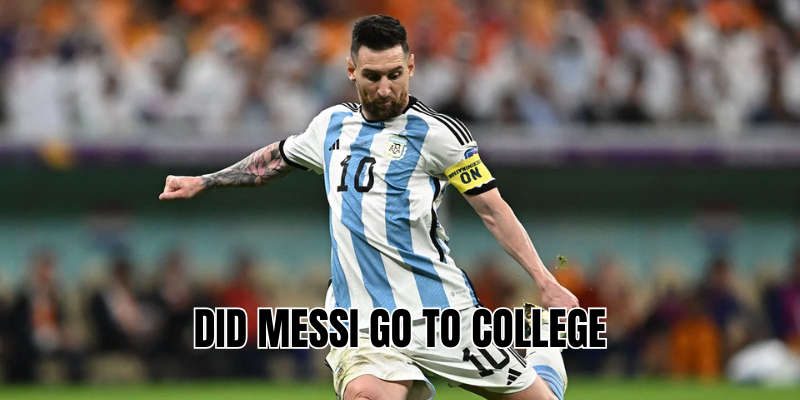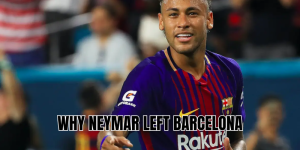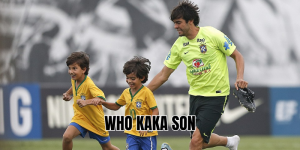Lionel Messi’s story reads like a fairy tale — but when fans ask, did Messi go to college, the answer is simple: no. Yet the path he chose over a conventional university degree arguably shaped him into one of football’s greatest icons. In this article, QuraGoal will walk you through Messi’s early education, the reasons he skipped higher studies, and the lessons we can draw.
Early years: School in Rosario
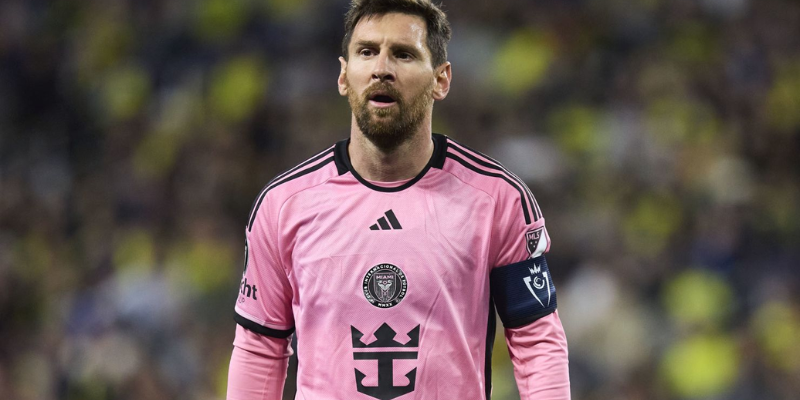
Lionel Andrés Messi was born on June 24, 1987, in Rosario, Argentina. As a boy, he attended Escuela Primaria Nº 66 “Gral. Las Heras” in Rosario, where he received standard primary schooling while nurturing his love for football. His childhood routine was a mix of classes and early training at local clubs like Grandoli and Newell’s Old Boys.
By around age 11, Messi was deeply involved in youth football, and school began to take a back seat. His talent was evident early, but Argentine education does not rigidly enforce academic continuity for prodigal athletes — the flexibility allowed Messi’s athletic development to accelerate.
Move to Spain and schooling at La Masia
At 13, Messi and his family made the pivotal move. This wasn’t just a football move — it also involved adapting to a new culture, language, and schooling environment.
In Barcelona, Messi attended León XIII School, a school associated with La Masia, Barça’s youth academy. Reports suggest he received private tutoring and lighter academic loads to keep him aligned with training and matches. Balancing schooling and professional-level football at such a young age is rare, and Messi’s academic commitment appears to have diminished gradually as his football life intensified.
By his mid-teens, class attendance became sporadic. Some sources claim he “missed many classes” and relied heavily on tutors. While he may have earned a high school diploma (or its Spanish equivalent), there is no credible evidence Messi pursued a university degree.
Why Messi skipped college
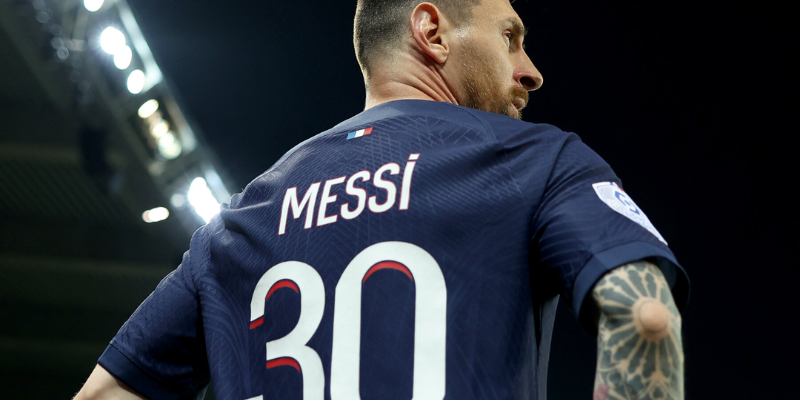
Choosing football over a traditional academic path was not unique among football prodigies, but Messi’s case stands out for its clarity:
- Early specialization:, football became Messi’s full-time pursuit. The demands of elite training, travel, and competition left little room for university-level study.
- Rapid professional progression: Messi made his first-team debut in Barcelona’s friendly matches at 16, and officially in La Liga at 17. His career trajectory made college less relevant.
- Academy model support: La Masia is built to combine athletic and academic support, often minimizing formal higher education in favor of football development.
- Return on focus: Messi, like many elite talents, bet on his gift. His return was extraordinary — if he’d pursued a different path, the records, titles, and global legacy might never have materialized.
So while Messi never attended college, he did complete basic schooling and used the infrastructure around him (academies, tutoring) to stay minimally educated.
The legacy of Messi’s education path
Messi’s journey poses interesting questions about talent, education, and priorities. Some fans might view skipping college as risky, but in his case, the gamble paid off spectacularly. His path yields a few insights:
- Alternative education models matter: Messi benefited, even if those wouldn’t count as a formal degree.
- Focus vs. balance: For young athletes with extreme talent, balancing education and sport is difficult; Messi leaned heavily into focus.
- Philanthropy and education later: Though he didn’t attend college, Messi has invested in education through his Leo Messi Foundation, supporting initiatives in schooling and health for disadvantaged children.
- Inspiration, not prescription: Messi’s route works because of exceptional skill. It is not a template for every young athlete, but it shows nontraditional success is possible.
Common questions about Messi’s education
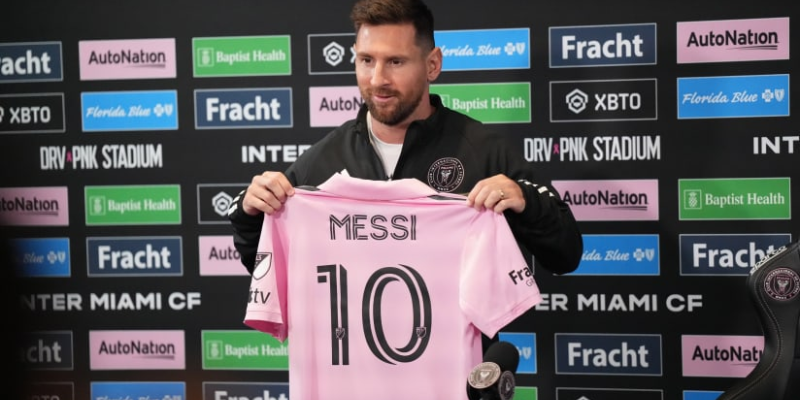
Did Messi graduate high school?
It is unclear whether Messi formally completed a Spanish “bachillerato” or its full equivalent. Some sources say he might have earned a high school credential, but others argue he didn’t finish standard secondary studies in full.
Did Messi ever return to schooling later (university, online, etc.)?
There is no credible record that Messi ever enrolled in a university or pursued tertiary education, even later in life. His post-football investments and public work focus on philanthropy, business, and football rather than academic reinvention.
Does skipping college affect his intellectual image?
Not in the eyes of many fans. Messi is widely respected for his humility, intelligence on the pitch, and off-field philanthropy. His impact comes, and choices — not a transcript.
Are there other players who followed this kind of path?
Yes — many soccer stars skip or pause higher education to pursue the game (e.g., Cristiano Ronaldo, Neymar). Football culture often prioritizes athletic progression over academic credentials once potential is evident.
What fans can learn from Messi’s path
While did Messi go to college is a brief and definitive answer, the broader story teaches ambition, trade-offs, and vision:
- Pursue passion deliberately: Messi chose to elevate football as his life’s mission rather than divide his energies.
- Rely on support systems: He leaned on academy structures, tutors, and mentors to maintain a minimal academic foundation.
- Adapt to growth: As his career escalated, Messi adapted his lifestyle, choices, and schedule accordingly.
- Give back: No college degree didn’t stop him from valuing education for others — he supports schooling initiatives, scholarships, and foundations.
Final Thoughts
Did Messi go to college? — no. He never pursued formal university education. But his life proves that passion, sacrifice, and a bold focus can create a legacy far greater than any diploma. Messi’s journey from Rosario to world icon reminds us: the path to greatness isn’t always conventional.
QuraGoal encourages you to reflect on your own ambitions — whether in sport, study, or art — and ask: what are you willing to sacrifice and what structures you’ll use to support your dream? If you want more analyses of footballers’ journeys, transfers, or match breakdowns, explore more on QuraGoal — your home for facts with heart.

